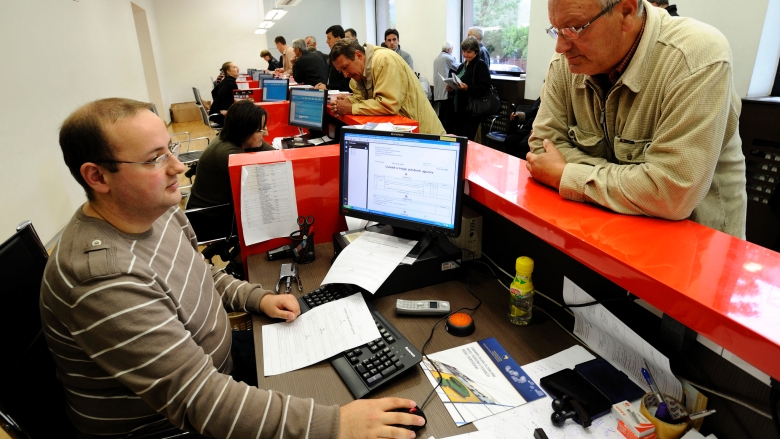The SSM, one of the three pillars of EU Banking Union, aims to ensure the safety and soundness of the European banking sector through consistent supervision to increase financial integration and stability. It comprises the ECB and the national supervisory authorities of participating countries. All euro area member states participate and it is open to all EU member states. Given financial inter-linkages close cooperation with supervisors in non-EU countries is an essential part of SSM.
In his opening remarks ECB Deputy Director General of Micro-Prudential Supervision IV, Mr. François-Louis Michaud, outlined both the achievements and the challenges ahead to achieve consistent and high-quality bank supervision in the Euro Area. Comprehensive assessment - financial health checks carried out by the ECB together with national supervisors - help improve the resilience of euro area banks, ensuring they are adequately capitalized and can withstand possible financial shocks. The Supervisory Manual offers a clear guide to the supervisory principles of the SSM, its functioning and the conduct of supervision. The system is still new and needs time to become fully understood and effective, operating under a harmonized approach. Cooperation among supervisors is vital and the ECB welcomed the commitment of all those attending the seminar.
A range of expert speakers explained the relevance and impact of the SSM for FinSAC client countries. Banking groups operating in these countries are now supervised by the SSM, the seminar helped to facilitate understanding of the SSM’s supervisory stance and improve communication with the ECB. The first day focused on the institutional settings. Issues addressed included governance, supervisory board decision making and cooperation between SSM and non-SSM authorities. There was discussion of work underway on the harmonization of discretions and interesting perspectives from National Competent Authorities on changes required to adapt to the SSM working modalities. The EBA explained their role and functions including rulemaking and the development of the single Rulebook; supervisory cooperation and convergence through the Supervisory Review and Evaluation Process framework and the establishment of colleges of supervisors; risk assessment and stress testing. Assessment of equivalence of confidentiality regimes, regulation and consolidated supervision were also discussed.
The second day focused on the work of supervisors looking in detail at SSM requirements and impact in relation to supervisory methodologies and practices and horizontal functions including risk analysis, business model classification, viability assessment, profitability monitoring; on-site supervision; and quality assurance. Among many valuable insights gained from these discussions was the importance of integrated supervisory teams as the cornerstone for effective supervision of significant institutions. There was also discussion of the role of the external auditor in bank supervision led by Professor Dalvinder Singh, University of Warwick, and a presentation on research into the relationship between banking supervisors and external auditors by Pascal Frèrejacque, World Bank Centre for Financial Reporting Reform, demonstrating the importance of constructive dialogue and suggesting how this can be achieved.
Participant feedback was very positive with an overall evaluation score of 4.9 out of 5. The topics discussed were all considered highly relevant and there was strong interest in further similar events.
